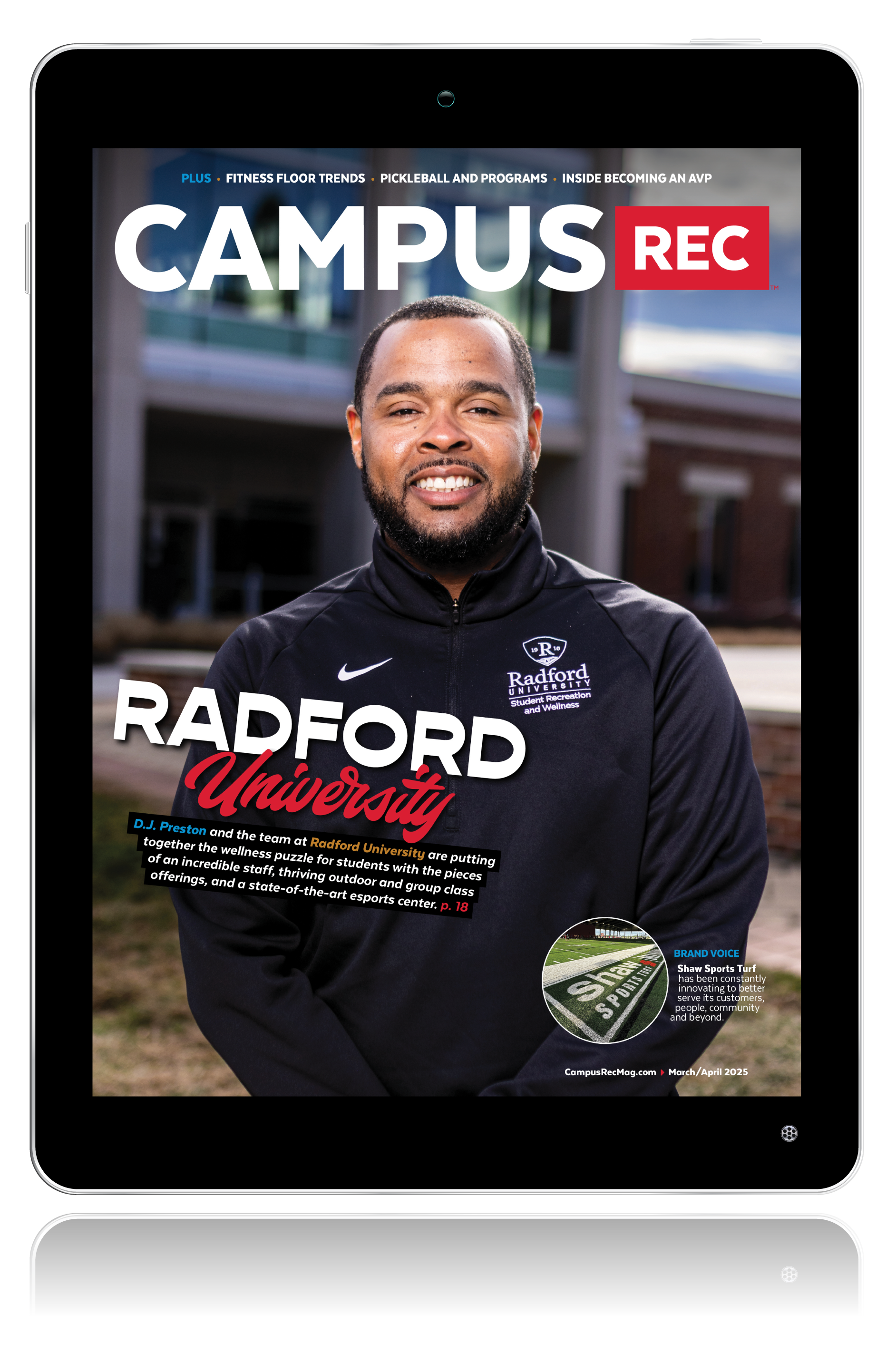
Over the summer, I moved to Tucson, Arizona, from Baltimore, Maryland. Freshly married, living in a new city, and working in a new role, one thing I wanted to do was to explore new interests.
Thriving on social interaction, I wanted to engage with members of the community in a way I have never done so before. My wife recommended I look into community-based courses which led me to find an improv theatre down the street from where I work. Having zero experience in theatre, a fear of embarrassing myself in front of others, and anxiety that leads me to constantly overthink every interaction, taking an intro course in improv terrified me.
However, it ended up being one of the most rewarding experiences I have pursued and those fears are now gone. I want to share two concepts I have learned in my course and how you can take these into the workplace.
Say Yes, And
One of the most basic concepts in improv is to accept everything your scene partner states (yes) and then to expand that story by adding more context (and). If your scene partner says you are in a kitchen but you say you are in an airport, the scene comes to a halt. You have just created a situation on stage where your scene partner does not know the difference between a kitchen and an airport. That makes them seem incompetent and creates tension in the scene.
How this Relates to Work
The idea of “Yes, And” is to encourage the contribution of others you are working with. This is a great idea to hold for brainstorming meetings to encourage free sharing of ideas among members of the team. As higher education becomes more collaborative and inclusive, it is important we learn to process other’s ideas effectively. Before ruminating on a bad decision or shooting someone’s idea down immediately, try saying yes and adding to that thought process. This has been helpful for me when a decision has been made that I would have done differently. Rather than vent and create a negative work space, I try to think of how I can add to this new decision for the better. This has helped me ask better questions to help educate myself on their perspective rather than immediately assume I am in the right. If you cannot say yes, try asking for them to tell you more.
Always start with “We”
One rule we follow in my improv class is to start every scene with “we.” This was to avoid conflict. If you state you like driving fast, your scene partner might assume you do not like driving fast. This creates tension between the two of you and has you playing against each other, rather than with each other. By stating “we like driving fast,” you have created a shared agreement on your reality of the scene.
How this Relates to Work
I have often found myself saying my staff, my idea, my area. One action I have been trying to carry forward in the workplace is to refer to my leadership team using we/our/ours. Once the idea has been agreed upon in a meeting, it no longer rests with one individual, it is an idea the group has adopted. It has evolved from my or your idea to our idea. When speaking with students, this helps create buy-in to the decision-making process, and with professional staff it shares not only the responsibility but the praise with others. If we are making decisions for individual praise we are not working toward improving the experience for the group. When you share praise among a group, it empowers others to share more openly and more ideas will be generated since they know the team will support the individual.
The work environment is constantly shifting, and we have to deal with a magnitude of different personalities. No matter the department you work in or the level you sit within that department, there will always be situations or decisions made you may not agree with. Rather than cultivate an environment of negativity, try to take a new approach. It is easy to quickly run to someone’s office and discuss how the choice that was made does not make sense to you or how it is going to make your work more difficult.
However, I challenge you to take a moment to see if you could get more clarification or if you can add something to this new decision that would make the work environment better for your team. Further, it is important to remember the department is a “we” even at times it feels one person is making decisions. We are all responsible for organizational culture, and it is important we all work toward improving the aspects within our control.










